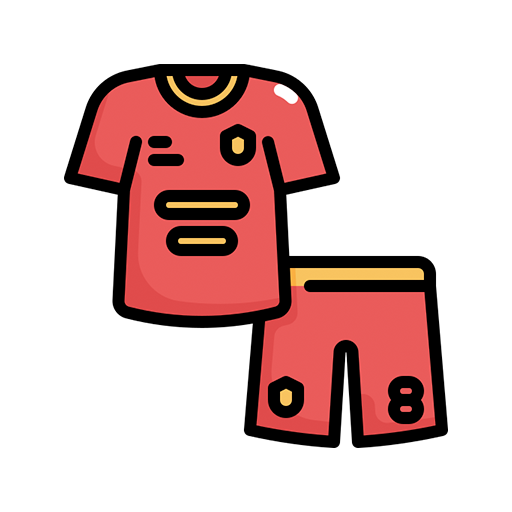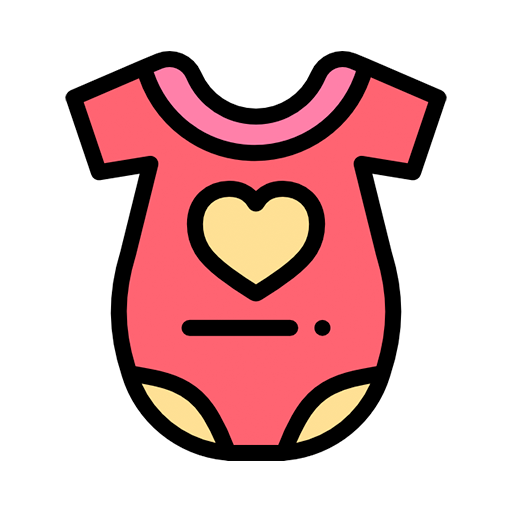
What to do if baby hates tummy time
Share
Tummy time for babies is very beneficial. Most babies can start to roll over from supine to tummy time and perform tummy time exercises from 3 to 5 months old. When bringing babies to the hospital for healthcare, doctors often advise parents to have their babies practice tummy time more often.
However, some parents worry that this position might put pressure on the baby's heart and be harmful. In fact, such concerns are unnecessary! For babies, tummy time is an excellent exercise!
The benefits of tummy time for babies
1. It can promote muscle development
During tummy time, babies can better exercise the strength of their neck, back, and limb muscles, which in turn promotes the development of subsequent motor skills such as head lifting, head stability, rolling over, sitting, crawling, and walking. This is the foundation for gross motor development, and good gross motor development is also an indication of good brain development for babies.
2. It can broaden the child's scope of understanding the world.
When a baby lies flat, it mainly sees the ceiling and a few hanging decorations. However, during tummy time, the baby's visual range is wider and it can see more things, which is conducive to babies' understanding and exploration of the world.
3. Make the body grow stronger and healthier.
Life lies in movement. For babies of a younger age, tummy time is an excellent exercise. First, it helps babies' bodies grow stronger and healthier during tummy time. Second, with increased exercise, babies' appetite will also increase. Moreover, it can also consume excess energy to prevent babies from getting too fat. In addition, after doing tummy time during the day, babies can have better sleep.
4. Makes the head shape more attractive
If a baby lies flat frequently, its head tends to become flattened due to pressure. However, if the baby is encouraged to turn over and lie prone more often during its waking hours during the day, it will reduce the chance of continuous pressure on the head, and the back of the head will not become overly flat. This can help shape the baby's head in a more attractive way.
A mother has consulted: "Why does my baby cry during tummy time? I'm very worried because I know tummy time is important for babies, but why is my baby not cooperating?"
Common reasons why babies don't like tummy time
In observing how parents encourage their babies to tummy time, the main reasons why babies don't like it are as follows:
1.The prone position is incorrect, making the baby feel uncomfortable when tummy time.
For younger babies, their neck and arm muscles are not yet strong enough, so they need parents' assistance to assume the prone position.
However, many parents position their babies incorrectly: the baby's arms are not positioned perpendicular to the bed, supporting their upper body, but instead are splayed outwards,The baby's hands are pressed under their chest. These two incorrect positions make it very difficult for the baby , as they need their arms to support their upper body when tummy time.
If the position is incorrect, the force points will be wrong, and the baby's arms may hurt. Of course, the baby will get upset when tummy time in such a position.
2.Tummy time can be boring and monotonous.
Parents put the baby on the bed prone, placing a toy in front of the baby to let them stare at it. Every day in the same place, facing the same scene, performing the same actions, and without anyone interacting with the baby, the baby will feel very bored.
3.Parents do not place enough importance on tummy time for babies.
Many parents do not recognize the importance of tummy time for babies. They feel distressed when they see their babies struggling to lift their heads while tummy time, thinking that it is tiring for the baby. They also believe that prone position may put pressure on the internal organs, so they prefer to hold their babies rather than letting them on tummy time more often.
By these reasons, you will realize that most often, babies don't like tummy time because parents are using the wrong methods.
Ways to Make Babies Enjoy Tummy Time

When babies don't accept tummy time, parents need to be more creative and turn this simple position into something fun and exciting.
1.Enhance the fun and interaction during the tummy time, and turn the boring tummy time into an interesting game.
For example, when the baby is on its tummy, the parent can hold a rattle 20 cm away from the baby's eyes and conduct tracking training/auditory training slowly and evenly from left to right. We need to accompany with gentle language: "Baby, listen, where is the rattle? ”You will find that the baby is paying special attention to the rattle, and its eyes are following the movement of the prop, from left to right, from top to bottom."
For babies over 6 months old, they can also play mirror games. When the baby is on its tummy, we can place a mirror in front of the baby and guide the baby to look at themselves and the mother in the mirror. We can point to the reflection in the mirror and say to the baby: "There's a little baby in the mirror. this is the baby's mouth. The baby is smiling." This action of looking into the mirror can encourage the baby to try to lift its head, and perhaps they may even reach out to grab the baby in the mirror, achieving one-handed support.
2. Tummy time is not a very serious or rigid affair; rather, it is an interaction filled with love and fun.
In fact, there are many variations of tummy time. For instance, placing the baby on the mother's chest allows for intimate head-to-head contact and conversations. The baby will also try to lift its head to see the face in front of it, experiencing the mother's appearance from different angles.
father or mother sits on a chair and places the baby on their thigh, gently supporting the baby's chest and chin to ensure the baby's head doesn't shake. At this time, you can gently shake your thigh, accompanied by sounds and expressions, to let the baby enjoy this novel experience.
Babies of a younger age can only stay in the tummy position for a short time because they lack the strength in their upper limbs, head, and neck. We can use a candy pillow to support the baby's chest, freeing up the baby's hands. Then give the baby a toy and let them play while lying on the candy pillow.

Notes:
Always respect the baby's current tummy time ability. Before starting tummy time exercises,babies should be at least 42 days old, and the duration should start from 5 to 10 minutes, gradually increasing to 15 minutes.
If the baby seems to be struggling or unable to support themselves, it is time to stop and let them rest on their backs. Tummy time should be done during the day when the baby is awake, avoiding immediately after feeding as this can lead to spitting up.
Place a soft mat under the baby to ensure they have enough support while tummy time, and also to protect their delicate skin. When the baby is on their tummy, pay attention to avoid covering their nose and mouth.
It is crucial to follow the baby's pace during the exercise, observe their mood and state, and choose to conduct the tummy time practice when they are in a good mood, as this will increase the success rate. If the baby starts to show displeasure, such as crying or squirming, the exercise should be stopped, immediately to avoid causing the baby to develop a fear of tummy time.
For babies who dislike tummy time, we need to guide them patiently with short durations but multiple times. In the beginning, the duration of each tummy time should not be too long, a minute or two, or four to five minutes are fine.
Try it several times a day, and the baby will gradually get used to it, and the duration will slowly increase. Progress a little bit every day, and cumulative efforts will lead to significant improvements. Don't rush into things.
Never let your baby sleep on their tummy time, as there is a risk of suffocation. Parents must be vigilant about this.
In summary, while ensuring safety, parents may encourage their babies to spend more time on their tummies to promote better development.




